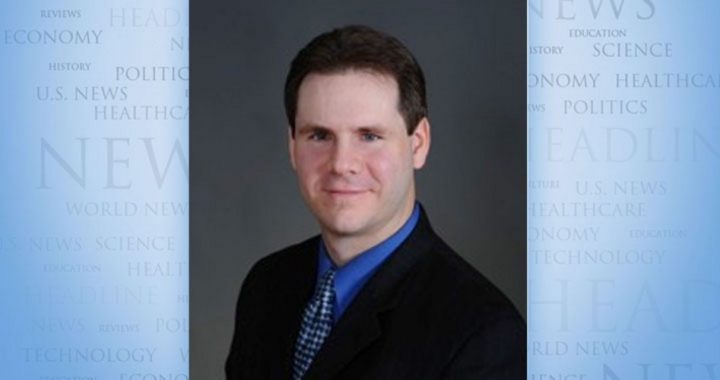
In the wake of Hurricane Sandy, there has been much talk about price gouging. New Jersey is prosecuting some who engaged in it, and pundit Bill O’Reilly has threatened to put offending gas stations in his fearsome Factor pillory. But is this prudent?
To be clear, I personally wouldn’t want to raise prices amidst a disaster were I a provider of products or services. And I’m not alone: After devastating floods struck the Margaretville, New York, area last year and destroyed the local supermarket and drug store, the only remaining mass supplier of food, Dollar General, refused to increase its prices (its nobility earns it a plug). Yet is it beneficial to use government to compel all businesses in disaster-stricken areas to follow suit?
Obviously, there is no action without motivation. If someone provides products or services, he does it for some reason, such as profit, a feeling of gratification, the idea that it’s God’s will, or out of some conception of what’s right. And that there are so many more businesses than charities in the world indicates that profit is a far more common motivator than all the other reasons combined. This is why business owners who would, left to their own devices, hold the line on prices during disasters are probably in the minority.
Now, one problem during disasters is that some businesses may be destroyed or temporarily shut down, and deliveries of goods are often impeded. Thus, the remaining businesses would have to go the extra mile to maintain inventories that can satisfy demand. But what will induce them to do so? Sure, there are the Dollar Generals of the world that may be driven by charitableness, but what of that profit-motivated majority? Remember, especially during disasters, we want not just some but all available businesses serving the people; this delivers the most help to the most victims.
Consider the example of gasoline shortages in the Northeast during Sandy. How many realize that this problem was exacerbated by price-control laws that removed the opportunity for extra profit, the only thing that would make many fuel suppliers go that extra mile — or in this case, literally, miles? As Congressman Ron Paul wrote:
If [gas] prices had been allowed to increase to market levels, the profit opportunity would have brought in new supplies from outside the region. As supplies increased, prices gradually would have decreased as supply and demand returned to equilibrium. But with price controls in effect, what company would want to deal with the hassle of shipping gas to a disaster-stricken area with downed power lines and flooded highways when the same profit could be made elsewhere?
Yet higher prices don’t just encourage suppliers to provide more fuel, but also consumers to use less. For instance, let’s say a person finally reaches the pump in a disaster zone after 45 minutes in line. At normal prices, he has no incentive to not fill up; after all, not doing so only increases the chances that he’ll have to wait on a line again sometime soon. Higher prices, however, present a calculation: Sure, he may face a similar wait in a week and pay the same price, but, then again, by that time the high costs and long lines may have disappeared. Of course, some will choose to fill up, anyway, but many won’t.
The higher prices also encourage economy, as people’s discretionary driving will decrease as gas prices increase. (Interestingly, statists grasp this concept perfectly when prescribing higher fuel prices in deference to environmentalism, such as Energy Secretary Steven Chu saying he wanted American gasoline priced at European levels.)
So are price controls truly compassionate? Well, ponder this after waiting in a gas line for an hour only to reach the pump and find no fuel remaining (owing to the greater use and lesser supply price controls bred). Then you’ll know why economics professor Walter Williams might ask, would you rather have gas available at $7 a gallon or no gas available at $3.50 a gallon?
Then there is government’s answer to this price-control problem: Correct a flaw with a flaw and impose rationing. But while this limits demand, it doesn’t address supply and is thus a relatively ineffective half-measure.
Of course, we tend to find apparent mercenary behavior repugnant, which is why instituting price-controls is so popular among both politicians and the people. Yet this is where we have to be careful and not live in the Land of Should. It’s much as with the Marxists, who taught that people “should” be industrious absent profit motive simply for the good of the state. But the Land of Is operates differently; it’s a place where ignoring man’s nature when devising policy yields pain and suffering.
And whether it’s a political storm in 1917 Russia or an actual one in 2012 New Jersey, the reality of Is trumps the fantasies of Should every time.



